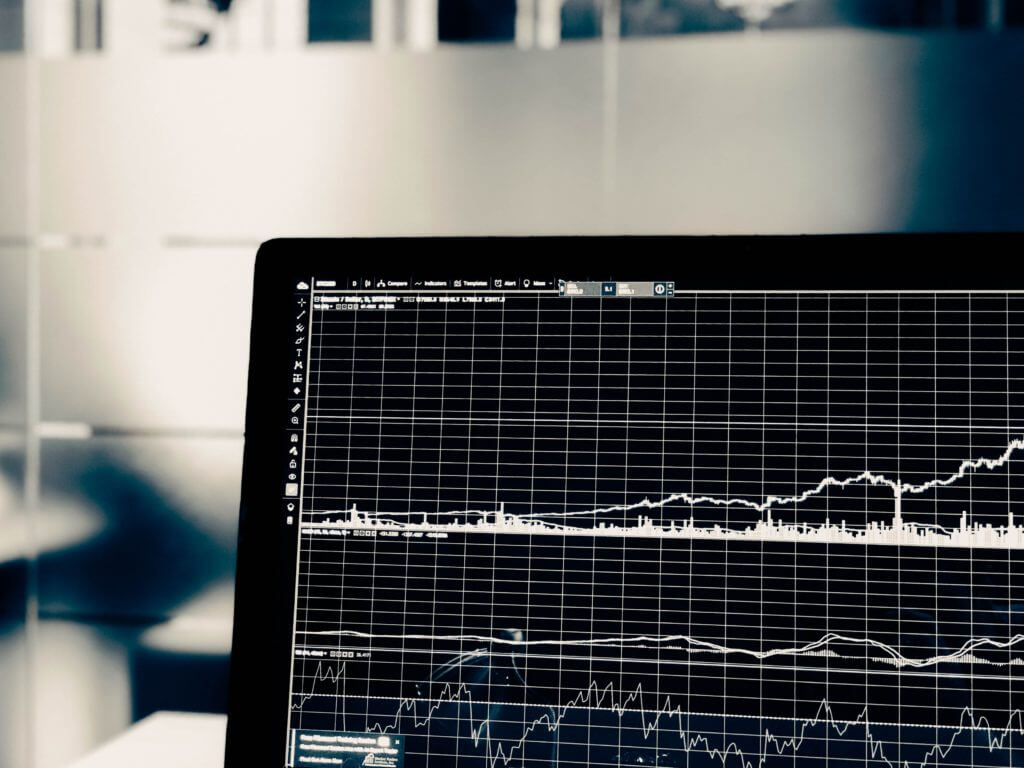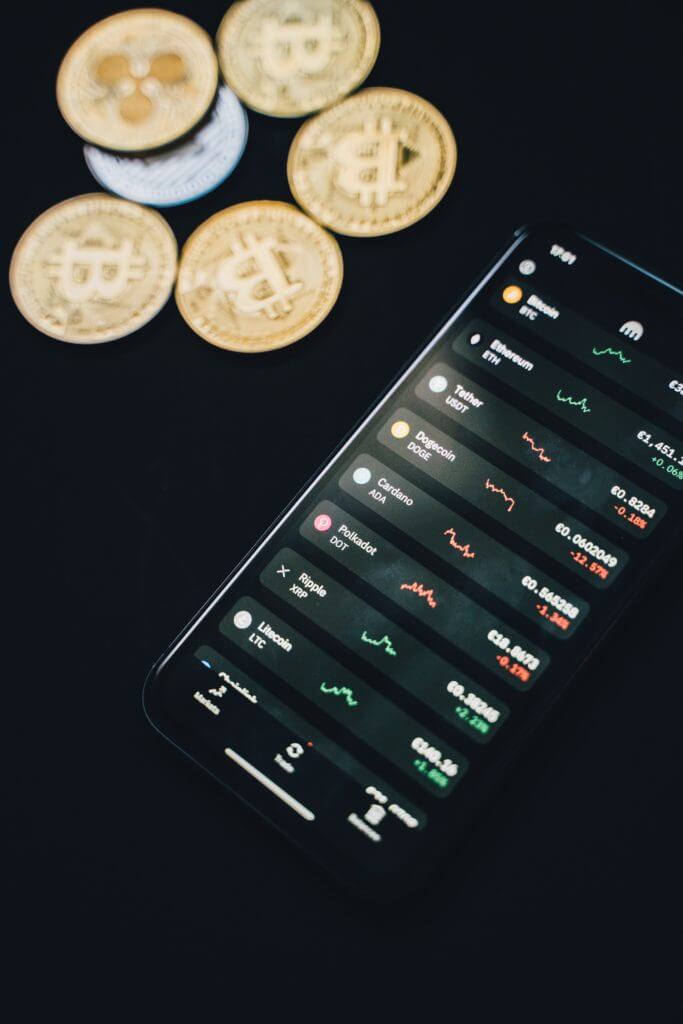Whether you are looking to purchase cryptocurrencies like Bitcoin or Ether or are interested in purchasing a non-fungible token, a NFT, you will need a crypto wallet.
What is a crypto wallet
First, understanding the difference between NFTs and cryptocurrencies is important and can be read about here. Secondly, in a general sense, we need to define and understand the concepts within the crypto wallet framework.
A cryptocurrency wallet is a way to store your string of code to your cryptoassets. Specifically, it holds them in a secure location as the string of letters and numbers associated with cryptocurrencies is the essential creation and backing of cryptoassets; if someone else possesses this string, they can own the currency. This is why a secure medium of holding these codes is essential to the crypto world. Wallets for crypto can be via a digital service where you are given an account, similar to signing up for an email service, with a username and password. These private companies will hold onto your cryptocurrency for you on their data servers. Additionally, you can store the codes on a physical device such as a hard drive; this would be known as a physical key. Lastly, you can hold on to the code for cryptoassets in a more physical manner, writing the code on a pen and paper, known as cold storage. All of these options have significant pros and cons associated with them.
For cold storage, the lack of redundancy is concerning. If you lose or damage the physical paper holding the code you wrote down and saved nowhere else, you could risk losing your cryptoassets forever. Without that code, you cannot prove you own that asset and will lose trading abilities. Physical, digital devices are the most secure options; you lessen the risk of losing the code with digital redundancies. However, suppose you are looking for a more convenient medium for trading and selling your currencies. In that case, a physical key is not the best way to trade as it would require you to connect the physical key to an internet-connected device to trade the assets. Lastly, crypto wallet services are the most convenient option. The ability to purchase, sell, or trade cryptoassets in seconds is the fastest and easiest way to step into the crypto arena. However, these assets are being held on 3rd party company servers, subject to exploitation and other security risks.
In practice, a combination of all methods may be the best option for holding your crypto assets. Physical redundancy is vital for security, and digital access is essential for communication and access to the marketplace. Similar to the cash in your real wallet and the money in your bank, and your diamonds in the safety deposit box, there are different use cases for different types of assets. In total, a mix of all of them is essential to securing your portfolio.
At Nimrod Yaron & Co., we serve as a professional resource for individuals and companies invested in the global marketplace. We are specifically assisting with intelligent tax planning. Contact us today to learn about all of the services we offer.







